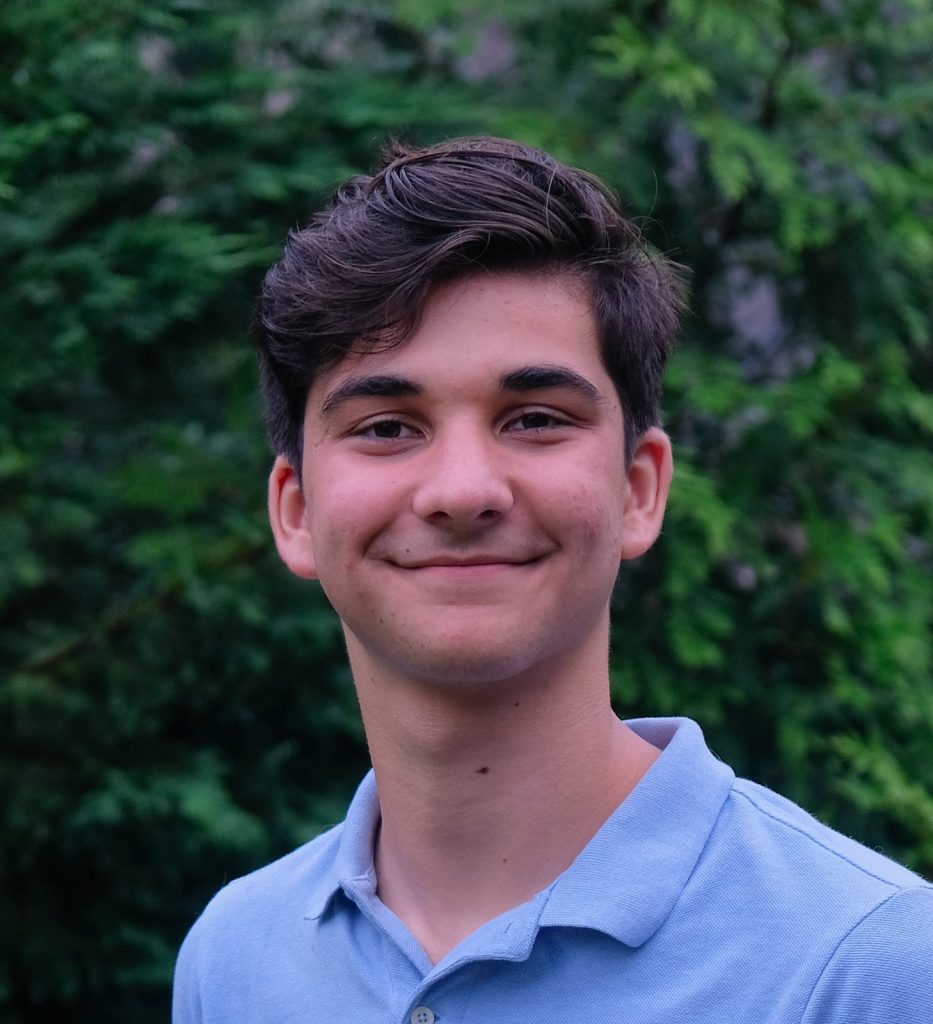This is the second of several posts written by students at the North Carolina School of Science and Math as part of an elective about science communication with Dean Amy Sheck.
As an occasional volunteer at a local children’s museum, I can tell you that children take many different approaches to sharing. Some will happily lend others their favorite toys, while others will burst into tears at the suggestion of giving others a turn in an exhibit.
For Rita Svetlova Ph.D. at the Duke Empathy Development Lab, these behaviors aren’t just passing observations, they are her primary scientific focus. In November, I sat down with Dr. Svetlova to discuss her current research, past investigations, and future plans.

Originally from Russia, Svetlova obtained an M.A. from Lomonosov Moscow State University in Moscow before earning her Ph.D in developmental psychology from the University of Pittsburgh. She later worked as a post-doctoral researcher at the Max Planck Institute for Evolutionary Anthropology in Leipzig, Germany.
Now at Duke University as an assistant research professor of psychology and neuroscience and the principal investigator in the Empathy Development Lab, Svetlova looks at the development of ‘prosocial’ behavior in children — behaviors such as sharing, empathy, and teamwork.
Svetlova credits her mentor at the University of Pittsburgh, Dr. Celia Brownell, for inspiring her to pursue child psychology and development. “I’ve always been interested in prosociality, but when I was in Russia I actually studied linguistics,” she says. “When I moved to the U.S., I changed paths partly because I’ve always wanted to know more about human psychology. The reason I started studying children is partly because I was interested in it and partly because I met Dr. Brownell. I branched out a little bit, but I generally found it interesting.”

Although her passion for childhood development research began in Pittsburgh, Svetlova has embraced her role as a Duke researcher, most recently tackling a scenario that most academically-inclined readers are familiar with — a partner’s failure to perform in a joint-commitment — in a co-authored May 2017 paper titled “Three-Year-Olds’ Reactions to a Partner’s Failure to Perform Her Role in a Joint Commitment.”
In the study, 144 three-year-olds were presented with a common joint commitment scenario: playing a game. For one third of the children, the game ended when their partner defected, while another third of the test group had a partner who didn’t know how to play. The final third of the group saw the game apparatus break. Svetlova looked at how the children’s reactions varied by scenario: protesting defectors, teaching the ignorant partner, and blaming the broken apparatus. The results seem to suggest that three-year-olds have the ability to evaluate intentions in a joint commitment.
Another paper Svetlova co-authored, titled “Three- and 5-Year-Old Childrens’ Understanding of How to Dissolve a Joint Commitment,” compared the reactions of three- and five-year-olds when a puppet left a collaborative game with either permission, prior notification, or suddenly without prior notification. If the puppet left without warning, three-year-old subjects protested more and waited longer for the puppet’s return, but both age groups seemed to understand the agreement implicit in a joint commitment.
These joint commitments are only a small fraction of the questions that Svetlova hopes to address.
“A longitudinal study of prosociality would be amazing,” she says. “What I’m interested in now is the intersection of fairness understanding and in-group/out-group bias. What I am trying to look into is how children understand their in-group members vs. out-group members and whether there’s something we can do to make them more accepting of their out-group members.”
“Another one I am interested in is the neural basis of empathy and prosocial behavior. I haven’t started yet, but I’m planning a couple of studies on looking into the brain mechanisms of empathy in particular,” Svetolova says. “We plan to scan children and adults while experiencing an emotion themselves and compare that brain activation to the brain activation while witnessing someone experiencing an emotion, the question being ‘do we really feel others’ emotions as our own?’”
Svetlova also expressed her interest in the roles that gender, culture, and upbringing play in a child’s development of prosociality.
I had to ask her why teenagers seemed to “regress” in prosociality, seemingly becoming more selfish when compared to their childhood selves.
“I would distinguish between self-centered and selfish,” she assured me. “You are not necessarily selfish, it’s just that during teenagehood you are looking for your place in the world, in the ‘pack.’ That’s why these things become very important, other’s opinions about you and your reputation in this little group, people become very anxious about it, it doesn’t mean that they become selfish all of a sudden or stop being prosocial.” She added, “I believe in the good in people, including teenagers.”

Guest Post by Sellers Hill, NCSSM 2020
